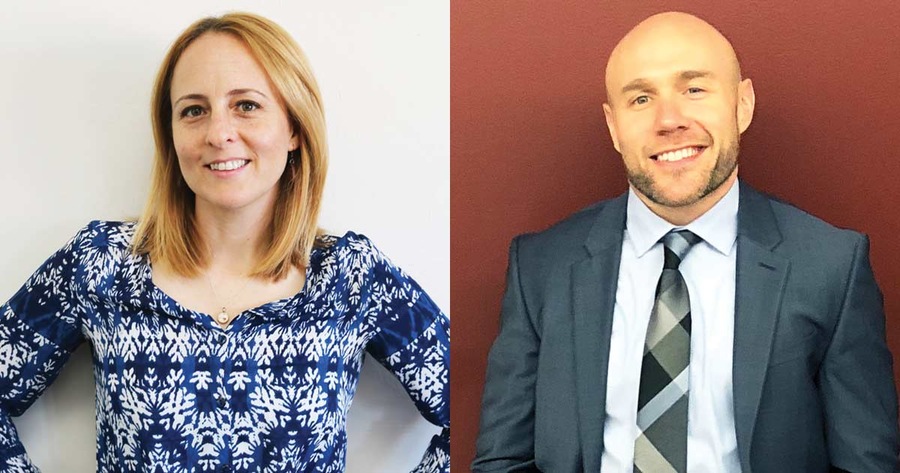Without intentional and explicit practices, tools and frameworks, combined with an unwavering personal commitment from every ally in a position of power, broader systems will not change. We've invited two white leaders to share the work they're doing at the personal and policy level to impact and influence change. —Zakir Parpia, Director of Programs, California School-Age Consortium
Shifting Personal Practices | Lupine Reppert, Director of Development, California School-Age Consortium
For me, white allyship is a lifelong journey with no charted destination. It's acknowledging racism is white people's legacy and, therefore, our responsibility to change, in partnership with people of color. Many see racism as something that lives in someone else's yard; for me, allyship is to look first in my yard and contend with how I've hurt others and recognizing the privilege I've benefited from because others were and are in a position of disadvantage.
Racism thrives on misinformation, denial, shame and silence. What change requires of allies is the opposite. We must face the complexity of racism, acknowledging it's rooted deep into the systems of society and ingrained in our cultural practices and everyday lives. We need to talk about it truthfully and openly—with love and compassion for each other and ourselves.
These lessons I've learned may support others:
Look for opportunities to step back. White folks tend to share more often in community spaces, sometimes silencing people of color. Consider a commitment to listen, before speaking.
Notice and adjust. Make it a practice to notice yourself and your interactions, especially with people of color. Allyship means paying attention to when we get it wrong and learning from it.
Show yourself compassion. Compassion for self is foundational. Without it, we may avoid the vulnerability required to look, truthfully, at difficult realities in our society and ourselves.
Racism hurts us all, even if at varying levels. It hurts our ability to individually and collectively thrive; it keeps us from feeling whole. I'm hopeful that, together, change is possible, but we must be willing to lean in and be vulnerable, honest and compassionate for and with each other—our shared liberation depends on it.
Visit http://bit.ly/dismantlingWSC for insight on dismantling damaging personal and organizational practices.
Shifting Systems | David S. Beard, Policy and Advocacy Director, School's Out Washington (SOWA)
School's Out Washington has been committed to advancing racial equity through training and professional development for expanded learning providers for years; an area for improvement and growth, however, was our focus on improving and promoting policies directly affecting children of color. In 2015, SOWA and the Washington Expanded Learning Opportunities (ELO) Network developed a Racial Equity Policy Screen to support our commitment to advancing racial equity, working to eliminate structural racism, and effectively serving programs in communities of color and providers of color. The screen undertakes a deliberative process to gain deeper understanding of how a policy will affect communities of color as stakeholders, analyze a particular policy to the extent it will or won't advance racial equity, and ultimately assist in development of a policy where racial equity is a thorough factor, embedded in its intent and impact.
The screen and key questions were shaped by input from providers of color through discussions, surveys and focus groups across the state. The tool was further developed by researching best practices in racial equity policy screens, locally and nationally, and incorporating relevant findings.
The screen is more than a checklist: It's a tool to deliberatively, efficiently evaluate a policy's impact and examine potential unintended consequences on underrepresented stakeholders, including small and culturally based programs and communities of color.
This tool was used over the past several years to shape and refine legislative priorities such as the ELO Quality Initiative, state Youth Development Workgroup proposal, and Career Connected Learning approach. This process resulted in adding, subtracting, and amplifying different parts of the policy agenda to help ensure new proposals are intentionally designed to support youth and providers of color. Each year, SOWA seeks to improve the screen process and put feedback from the screen into action. Future work will include using the screen process to raise new advocacy issues and increase participation from communities of color in the policy agenda-setting process.
Visit www.schoolsoutwashington.org for additional resources to address structural racism.
This article originally appeared in AfterSchool Today.



